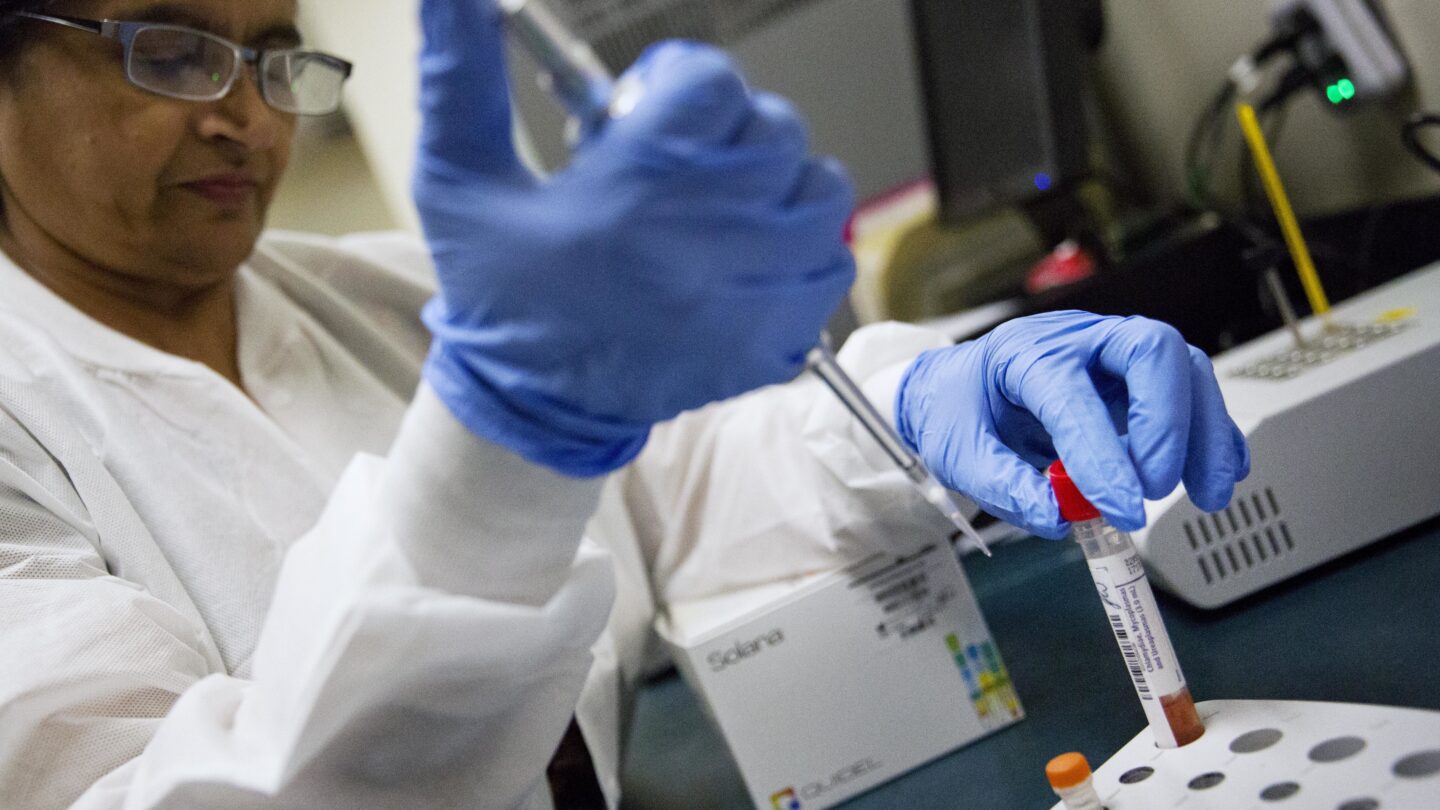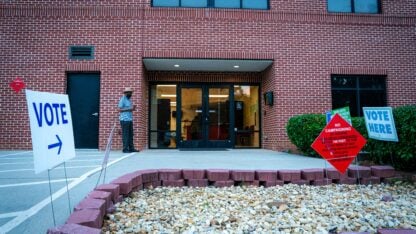State lawmakers try to squeeze in bill allowing foreign medical professionals to work in Georgia

Today, the Senate Regulated Industries and Utilities Committee discussed bill SB529.
The bill is a response to a state rural health study that found granting temporary licensure to foreign medical professionals could greatly improve rural health outcomes by increasing the number of doctors available in the state.
The Senate bill has bipartisan support but will not make it out of committee before Crossover Day.
Ahead of the impending deadline to move bills through committees, Senator Kim Jackson tried to get qualified immigrant and refugee medical professionals the right to practice medicine in Georgia.
“We have a huge shortage when it comes to having access to healthcare in our state,” Jackson said. “We have doctors here. They have worked alongside us in the military; they’ve been incredible in their own home countries.”
Immigrant and refugee medical professionals have to start their education and careers over when they move to the U.S., but this bill would create a pathway to relicensing for immigrants and refugees who can prove they received their Doctorate of Medicine (M.D.) overseas from an accredited medical school, received a medical license from another country and have practiced medicine for at least three years.
They would still need to take and pass the medical licensing exam in the U.S. to receive a two-year temporary license to practice.
“This gives them a pathway to get them to work,” she said. “It specifically gets them to a place in Georgia, where some of our other physicians won’t go.”
Earlier this month, the Coalition of Refugee Service Agencies (CRSA) lobbied for this issue. In their legislative report, CRSA stated that 26% of foreign-born Georgians with healthcare degrees are underemployed.
Dawood Rateb and his wife Wazhma both set out to be doctors when they were kids. Combined, they have decades of education.
They visited the state capitol with CRSA. In Afghanistan, they were doctors, but the couple fled after the Taliban took over. Today, they’re refugees here in Atlanta.
He specialized in treating substance abuse, and she was a gynecologist. They’re the kind of doctors Georgia is short of. The Georgia Board of Health Care Workforce reports that 90 counties in the state have no psychiatrists, and 85 have no OBGYN.
“Me and my wife, Dr. Wazhma Rateb, together started doing food delivery, Uber Eats,” Dawood said. “We had to adjust with only one vehicle. Our kids were in school, and we all suffered from psychological trauma. But gradually, we are trying to reach our goal.”
“Our goal now is to help American people,” Dawood said. “Just as they helped us.”








